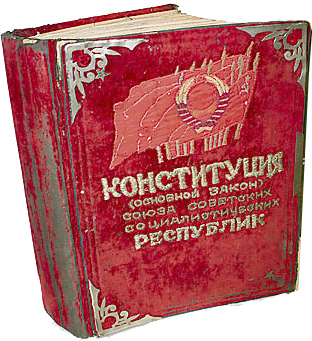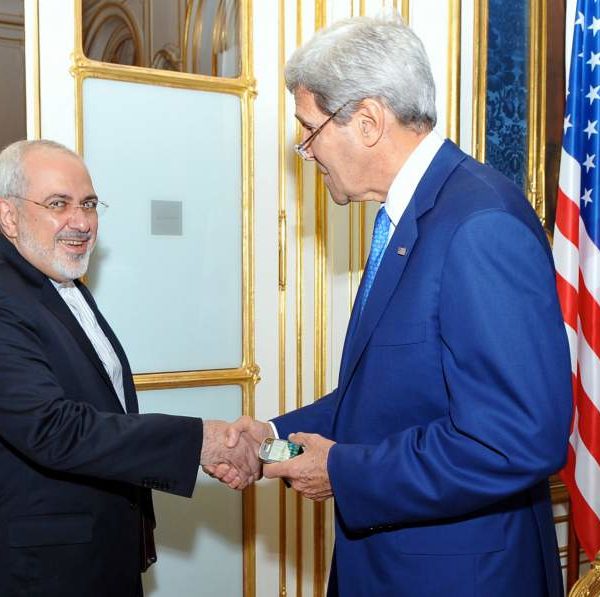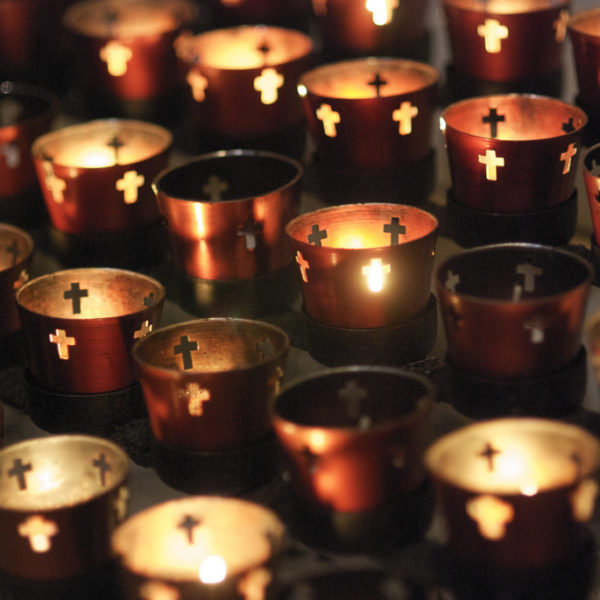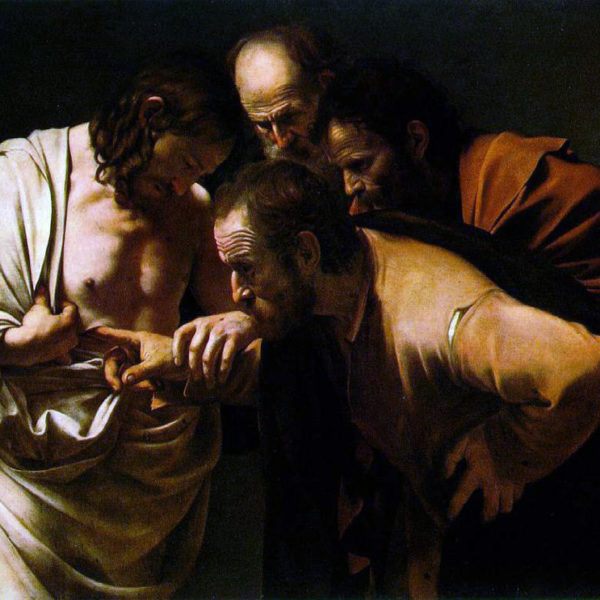
The familiarity of the 23rd Psalm can blind us to the striking political dimensions of its message: YHWH is the shepherd of the king, protecting him from enemies and granting his kingdom prosperity. Close reflection upon this psalm may also suggest some significant applications within the contemporary world.
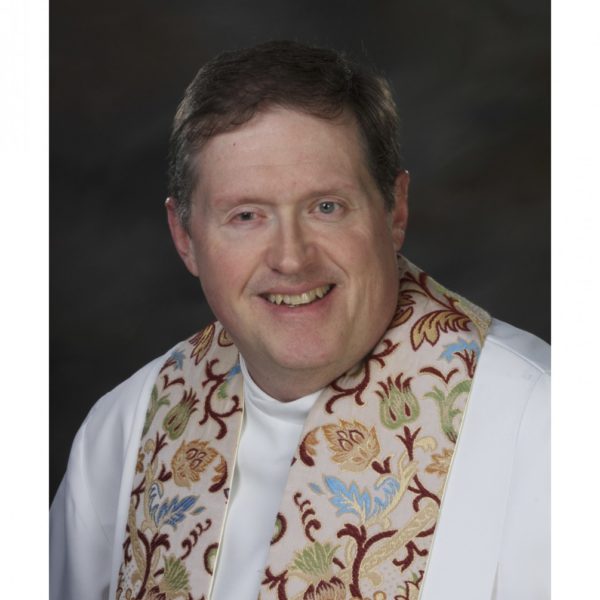
It is with great sadness that we note the death of a former editor, the Rev Dr Tim Simpson. Tim died on Tuesday 7th April after complications associated with his battle with cancer.
There were many aspects to Tim’s life and ministry, more than can be covered here. He was a relentless teacher, preacher, pastor and campaigner for justice and peace. Other places will record his important contribution to many different churches, universities and colleges. For us Tim was a scholar, an intellectual and an editor. His death feels like the passing of an era for the journal and for the discipline as a whole.
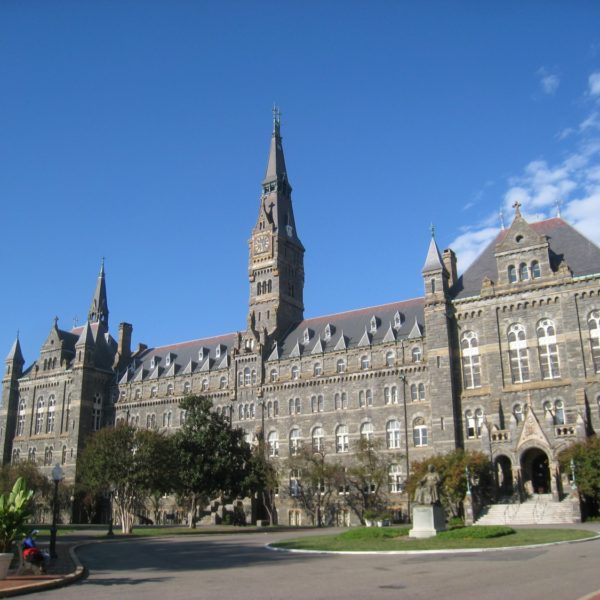
…I still seek to introduce the students, now grads, to the range of political formulations in Islam, but in contrast to the undergraduate version of the course, we also look to political theology as a method for thinking about politics. Why? And How? After all, political theology is really a product of the Christian West. Does it have applicability in other contexts?
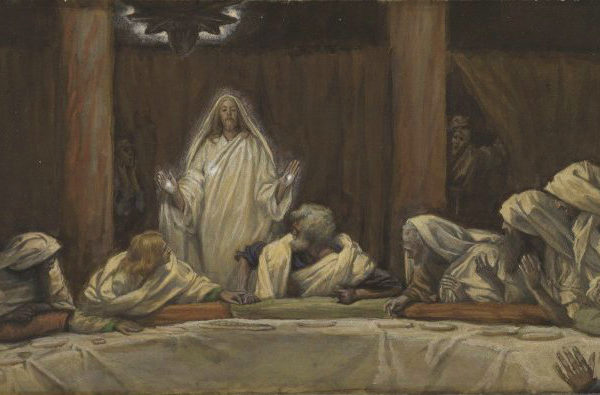
The law is a dying and rising reality, not a dead letter etched in stone. Through the hermeneutics of resurrection words once consigned to the grave of the past burst with liberating and life-giving force upon an unsuspecting world.

Fyodor Dostoyevsky in his masterpiece ‘The Grand Inquisitor’, as well as Lev Tolstoy in his The Gospel in Brief, both comment on, recapitulate, and in some manner ‘translate’, the story of Jesus’ temptation in the wilderness (Matt. 4:1-11; Mark 1:12-13; Luke 4:1-13) with varying interesting results. Let us compare Dostoyevsky, Tolstoy, and the Gospel accounts together to see how this story serves not only as Dostoyevsky saw them . . . nor only as Tolstoy saw them . . . but also as a profound critique of our current economic geopolitical situation, and pointing to our way out of the systems that enslave us.

This course was conceived as a way to introduce undergraduates to the conversation about religion and politics in Western tradition. I wanted to give them a broad historical overview, with in-depth selections or snapshots to get at ways the relation between religious and political spheres has been conceived in different historical moments.
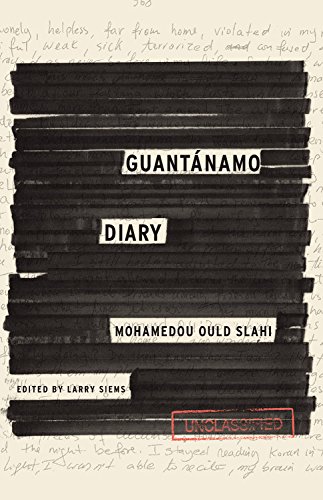
The discourse of terrorism is itself an ideology linked to conceptions of truth and identity, life and death, law and justice. But there is also a terror that exists in silence, a terror that bears no name because the life it destroys is not even recognized as having lived.
